Israeli PM Lapid in Germany to torpedo efforts to revive Iran nuclear agreement
Israeli Prime Minister Yair Lapid has arrived in Germany in his latest bid to coax Western signatories to the 2015 nuclear deal to stop efforts aimed at reviving the landmark accord and removing sanctions against Tehran.
An Israeli diplomatic official, who requested anonymity, told AFP news agency that Iran will be the focus of the talks between the Tel Aviv regime’s delegation and German authorities in Berlin.
“It’s important to continue to coordinate positions and influence the European position. Germany has an important role in this,” the unnamed official said.
The Israeli prime minister, traveling with senior security officials, is scheduled to meet German Chancellor Olaf Scholz, Foreign Minister Annalena Baerbock, and President Frank-Walter Steinmeier before returning to the occupied territories late on Monday.
Meeting his cabinet before taking off for Germany on Sunday, Lapid said Israel is conducting a successful diplomatic campaign to “stop the nuclear agreement and prevent the lifting of sanctions on Iran.”
“It is not over yet,” he added. “There is still a long way to go, but there are encouraging signs.”
Lapid also thanked the three European signatories to the Iran deal, officially known as the Joint Comprehensive Plan of Action (JCPOA), for what he termed the “strong position” they had voiced in a tripartite statement on Saturday.
In a press release on Saturday, France, Britain and Germany questioned Iran’s intentions and commitment to a successful outcome on the JCPOA, charging that Tehran’s position contradicts its legally binding obligations and jeopardizes prospects of restoring the nuclear deal.
The European trio also claimed they have been negotiating “with Iran in good faith since April 2021 to restore and fully implement” the JCPOA, along with other participants in the deal and the United States.
Iranian Foreign Ministry spokesman Nasser Kan’ani said on Saturday that the three European countries “have followed in the footsteps of the Zionist regime down a path that will lead to the failure of negotiations.”
The United States, under former president Donald Trump, abandoned the JCPOA in May 2018 and reinstated unilateral sanctions that the agreement had lifted.
The talks to salvage the agreement kicked off in the Austrian capital city of Vienna in April last year, months after Joe Biden succeeded Trump, with the intention of examining Washington’s seriousness in rejoining the deal and removing anti-Iran sanctions.
The talks, however, still remain unfruitful as Washington has failed to rejoin the JCPOA by removing its illegal sanctions and providing Tehran with guarantees that it will not leave the deal again.
Israeli officials, including Lapid, have repeatedly warned that even if the nuclear deal is concluded, they are not committed to respecting it and will in fact seize every opportunity to strike at Iran’s nuclear program.
For its part, Iran has underscored its readiness to counter any Israeli act of aggression. In a letter to UN Secretary-General António Guterres in August, the Islamic Republic issued a stern warning about Israeli provocations, calling them a clear violation of international law and the UN Charter.
Venezuelan military stands with acting president after US kidnapping of Maduro
VIDEO | Press TV's news headlines
VIDEO | Protesters in Toronto slam US kidnapping of Venezuelan president
Israeli troops detain, intimidate Palestinian toddler in West Bank
Iran says its investments in Venezuela face no major risk
Make ‘right decision’ or face more US pressure, Rubio tells Venezuela’s Rodriguez
VIDEO | General Soleimani honored in Kashmir, Kargil
US, Israel waging ‘soft warfare’ to destabilize Iran after June defeat: Top general


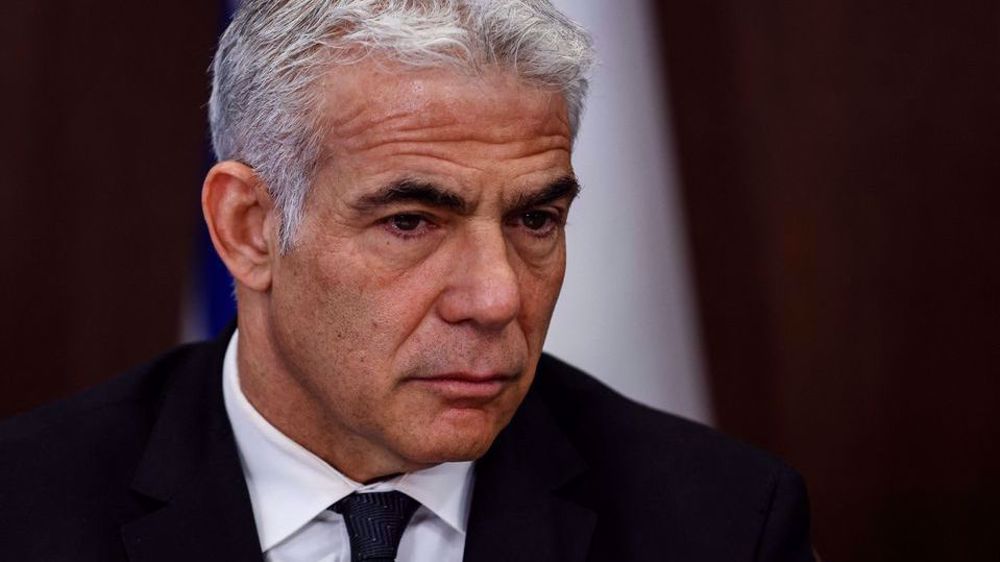
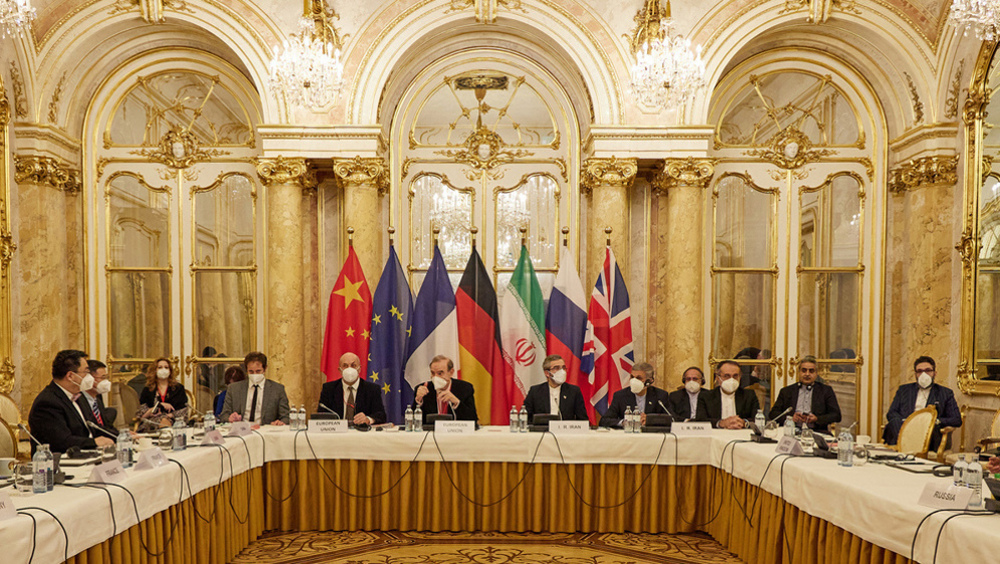
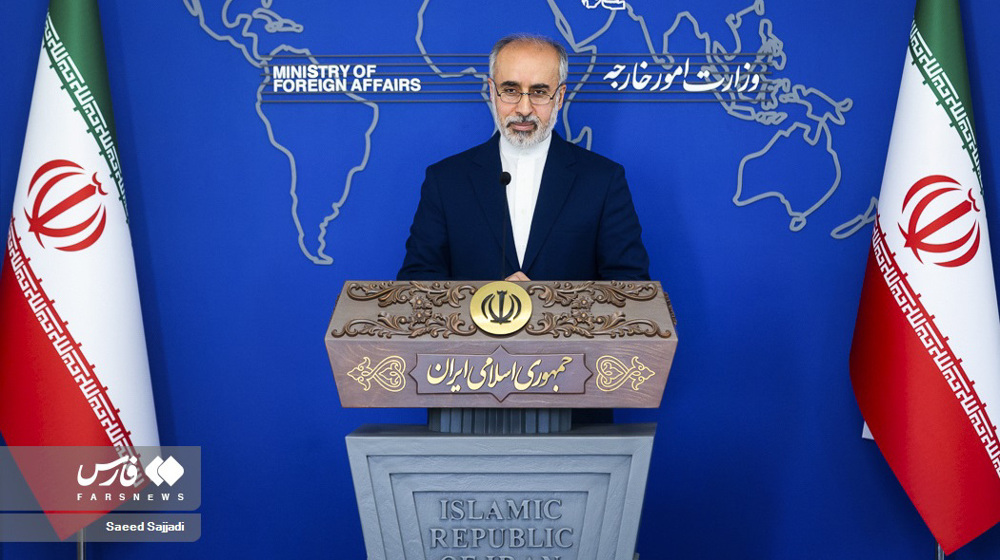

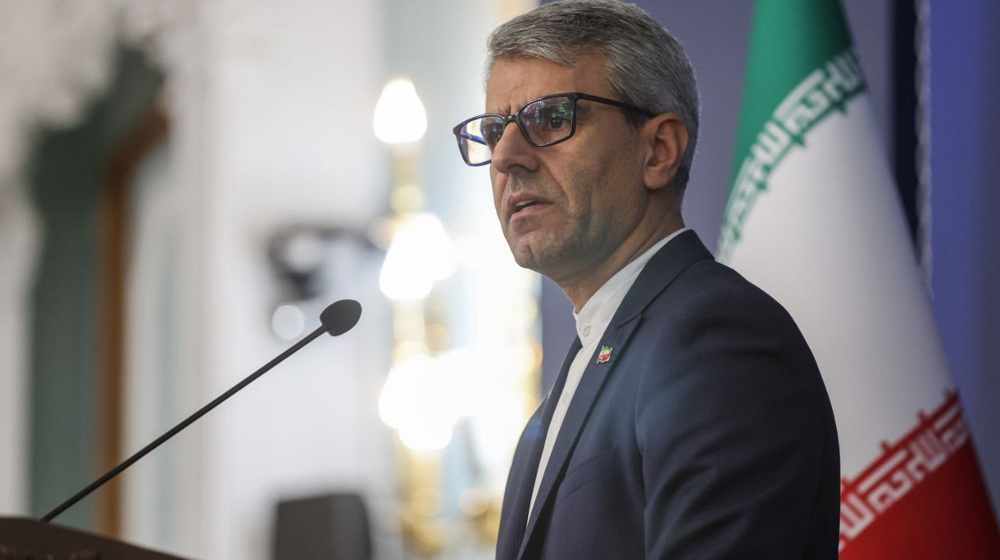
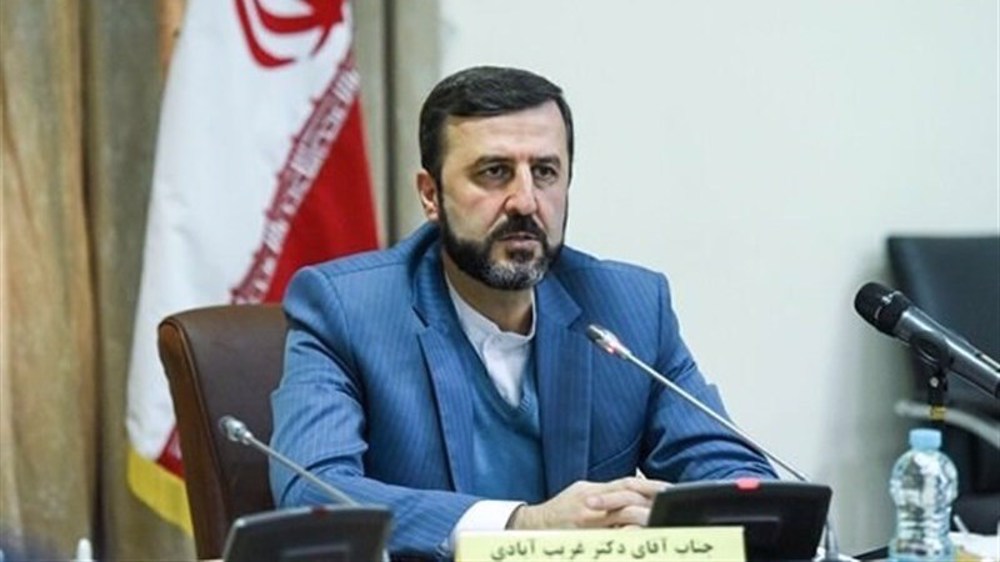



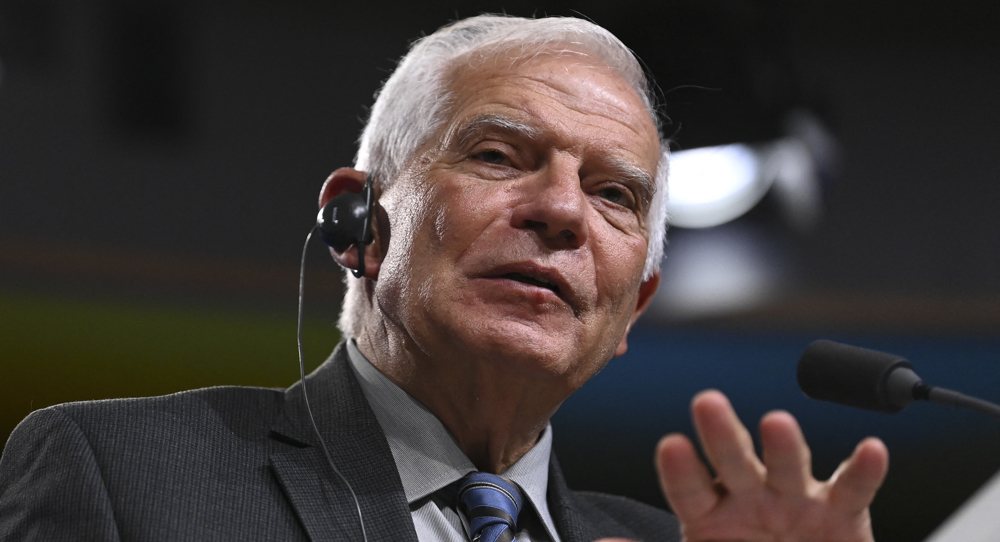
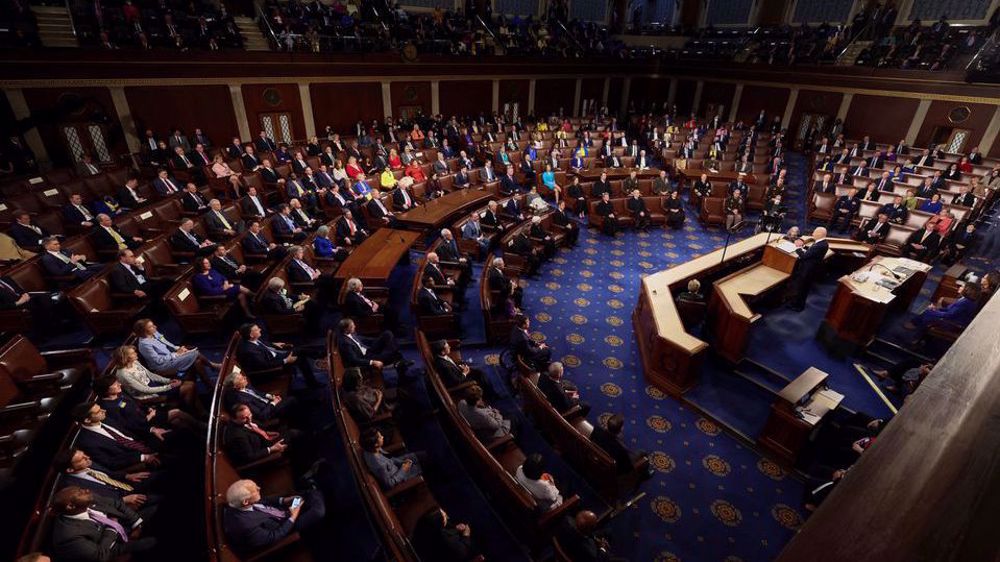
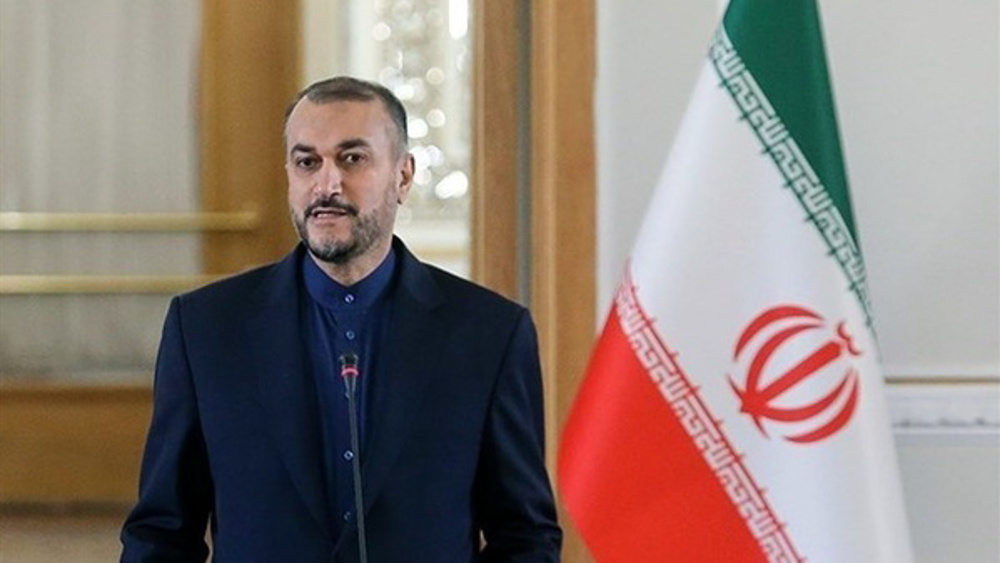
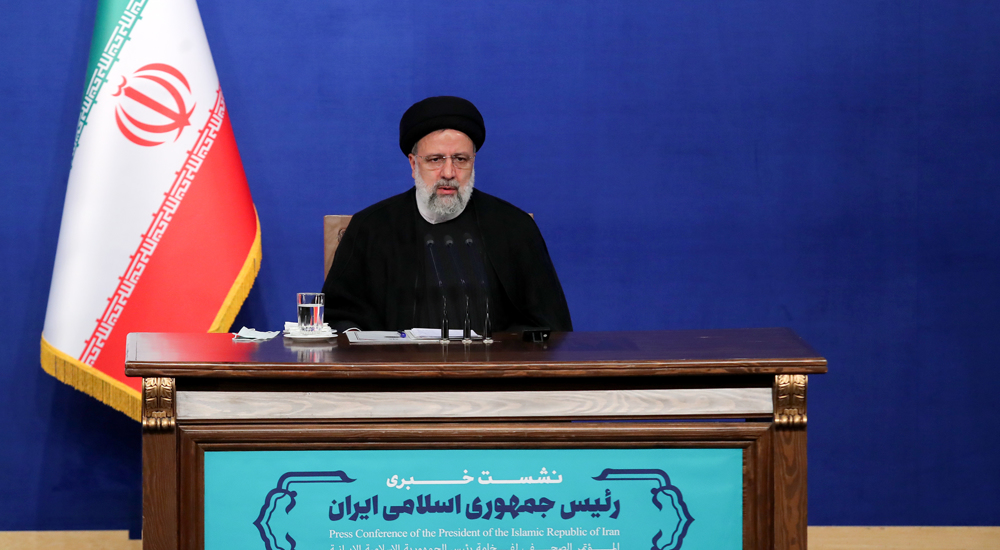
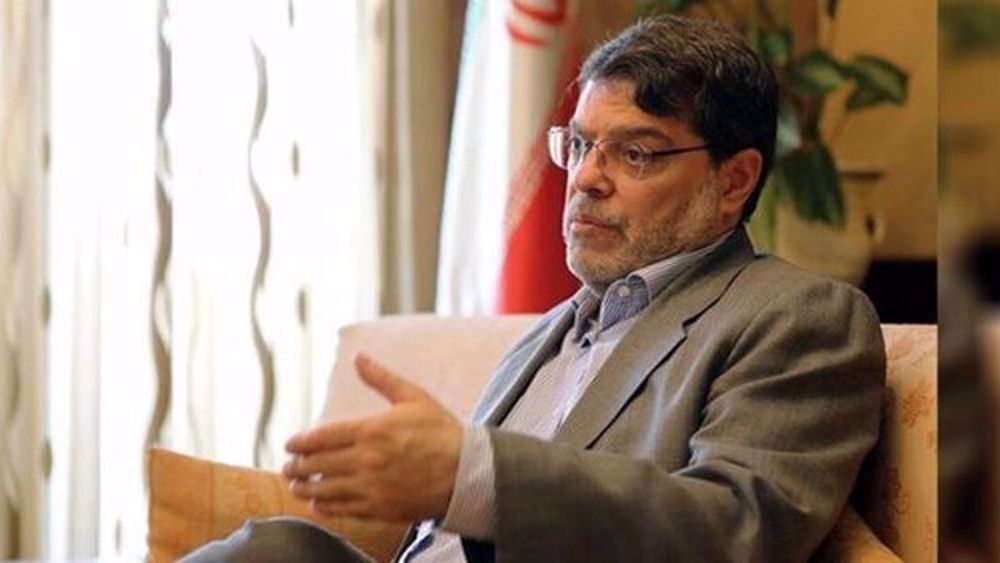
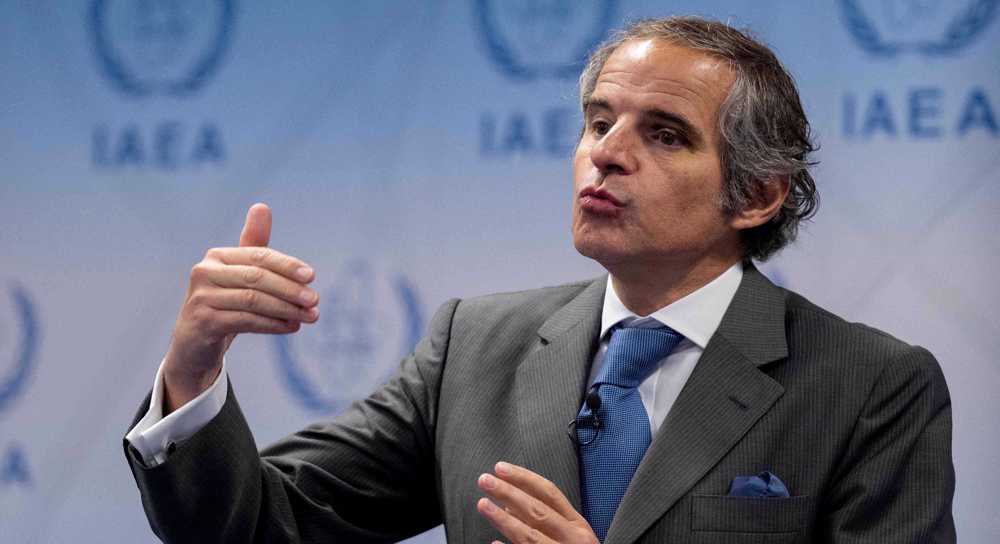
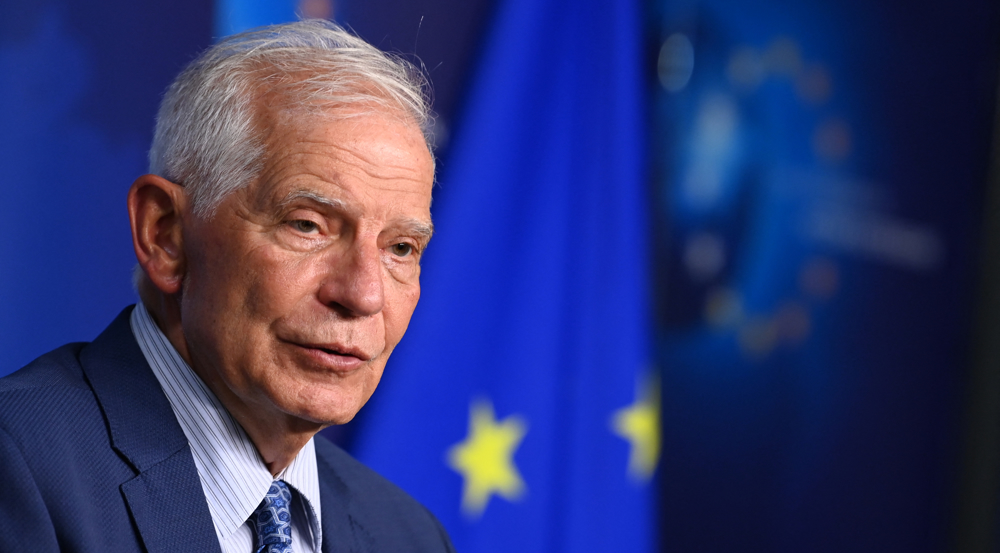
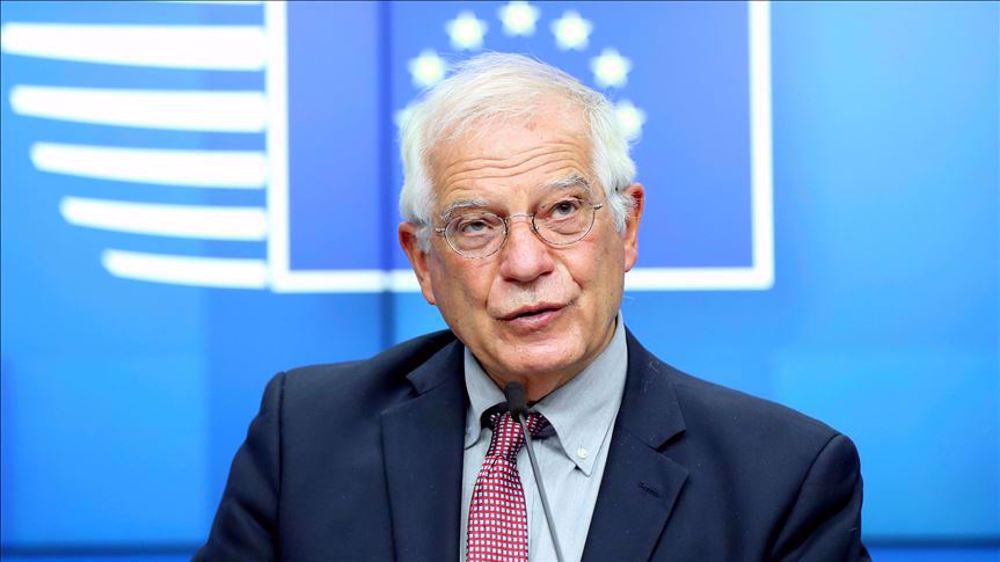
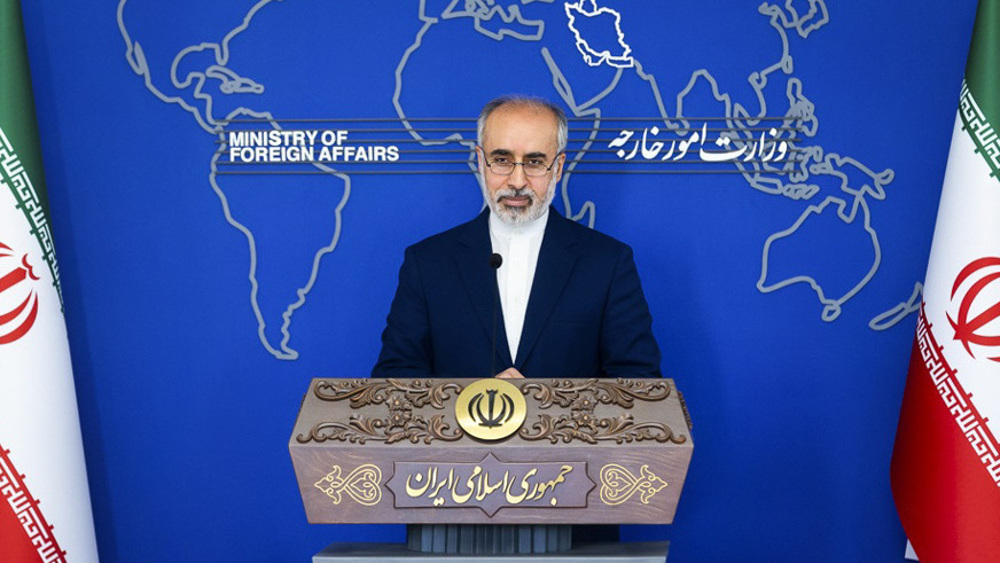
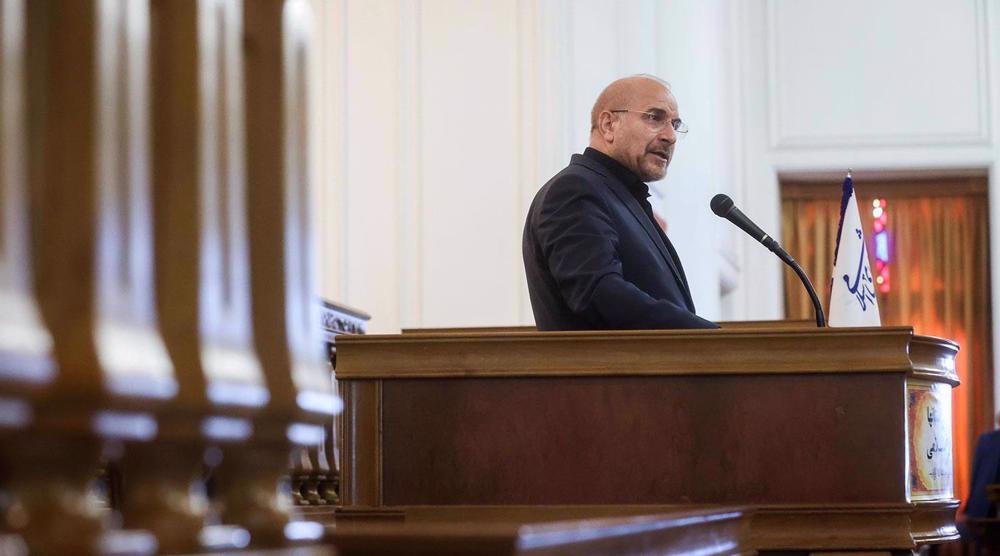

 This makes it easy to access the Press TV website
This makes it easy to access the Press TV website